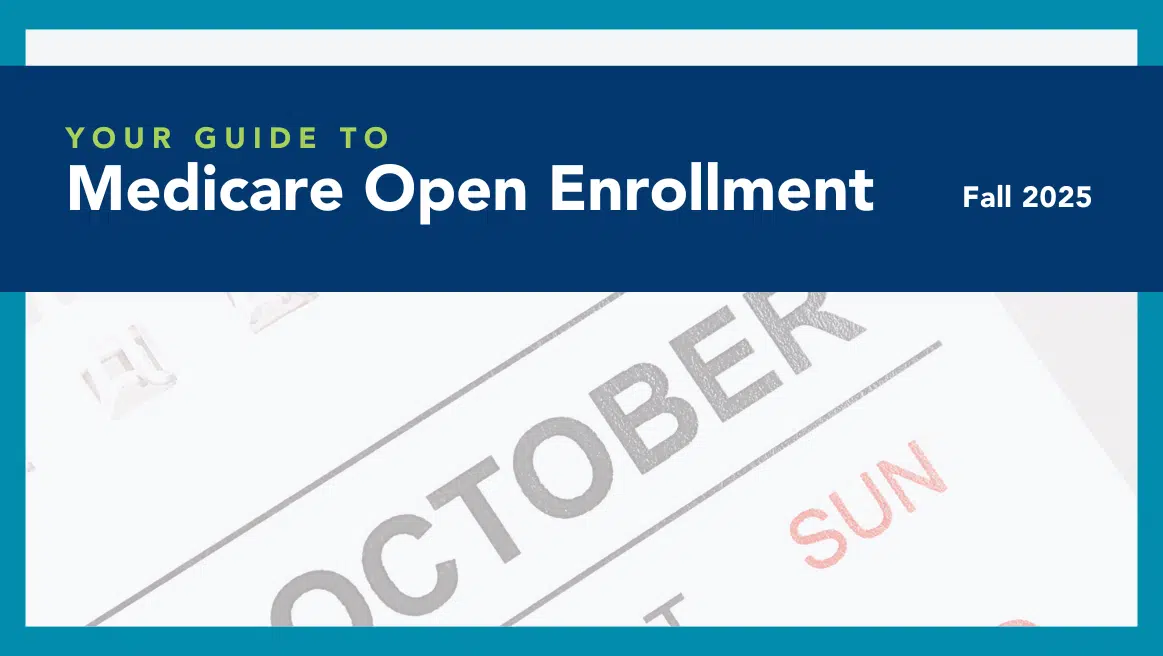Take Action: Tell your senators to reject harmful cuts to health care!
Medicare Out-of-Pocket Costs Too High for Some

The Commonwealth Fund released a report this week examining out-of-pocket expenses for people with Medicare. Fifty-six million people—17% of the U.S. population— rely on Medicare and receive many benefits from the program, yet, Original Medicare excludes coverage for dental, vision, hearing, and long-term services, and contains no ceiling on out-of-pocket costs for covered services. As a result, beneficiaries can be exposed to high costs.
The report examines out-of-pocket costs by individual income and health status. It finds that more than one in four people with Medicare —15 million people—spend 20% or more of their incomes on premiums and medical care. This includes cost-sharing and spending on uncovered services, which Commonwealth Fund defines as being “underinsured.”
The estimated 25 million people with Medicare who have incomes below 200% of the Federal Poverty Level (FPL)—just under $24,000 for a single person—and those with multiple chronic conditions or functional limitations are at significant financial risk. Having a low income and complex health conditions often go together: 68% of beneficiaries with incomes below 200% of the FPL have three or more chronic conditions and/or functional limitations. Among those with low income and poor health, 42% spent 20% or more of their incomes on premiums and care and 39% would be considered underinsured based on medical care cost-sharing alone.
The report concludes that with the current financial burden and impact on access to care, there is a need for caution when assessing Medicare reform proposals. Any changes to Medicare benefits and cost-sharing should, the authors reason, aim to ensure affordability and provide relief for people with low-incomes.
Show Comments
We welcome thoughtful, respectful discussion on our website. To maintain a safe and constructive environment, comments that include profanity or violent, threatening language will be hidden. We may ban commentors who repeatedly cross these guidelines.
Help Us Protect & Strengthen Medicare.
Donate today and make a lasting impact.
The Latest
Most Read
Add Medicare to Your Inbox
Sign up to receive Medicare news, policy developments, and other useful updates from the Medicare Rights.
View this profile on InstagramMedicare Rights Center (@medicarerights) • Instagram photos and videos









